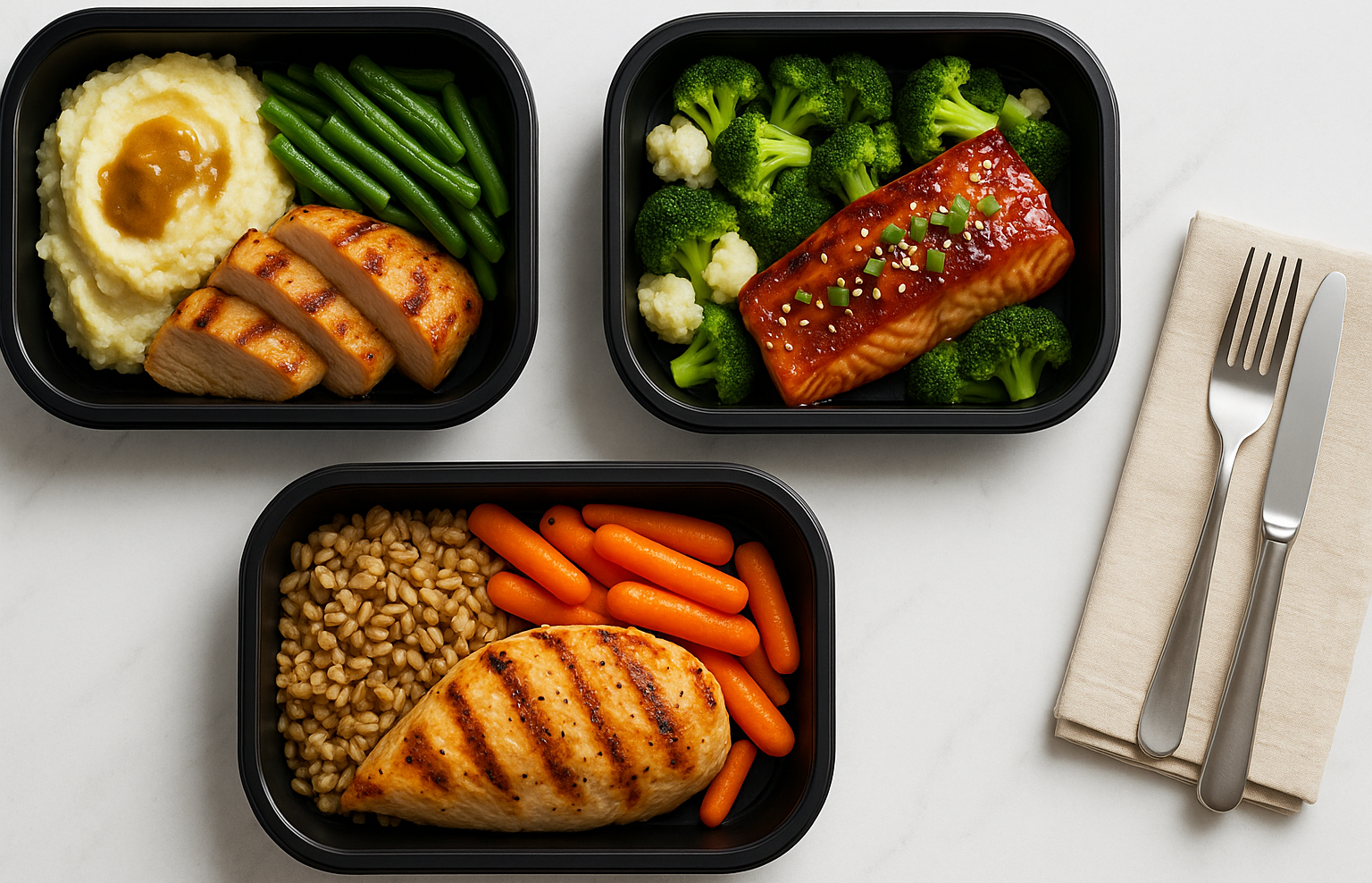Eligibility Criteria for Medicare Meal Delivery Services
Understanding the eligibility criteria for meal delivery services under Medicare is crucial for seniors aiming to leverage these benefits. Generally, Medicare itself does not directly cover meal delivery services. However, specific Medicare Advantage Plans (Part C), offered by private insurers, may include meal delivery as a part of the broader benefits package designed to enhance the quality of life for seniors.

To qualify for these meal benefits, participants must be enrolled in a Medicare Advantage plan that offers meal delivery services. Additionally, eligibility may depend on certain health conditions or recovery scenarios, like recent hospital stays or chronic health conditions. Therefore, it's essential for individuals to review their specific plan's details to determine eligibility.
Understanding Programs and Benefits
Various programs under Medicare Advantage plans offer meal delivery as a supplemental benefit. These programs are especially beneficial for those who have recently been discharged from the hospital or have chronic health conditions that make meal preparation difficult. For instance, some plans offer meals through partnerships with local meal delivery services or national companies focused on providing nutritious meals tailored to specific dietary needs.
The benefits of these programs include not only the delivery of meals but also the provision of nutritionally balanced dishes that cater to special dietary needs, such as low sodium or diabetic-friendly options. These services can significantly aid recovery and improve health outcomes by ensuring that seniors receive proper nutrition without the hassle of meal preparation. For seniors who are recovering or unable to cook, these meal delivery services serve as a lifeline, ensuring they have access to healthy and nutrient-rich meals.
Options Available for Seniors
Options undermeal delivery programs can vary widely depending on the Medicare Advantage plan and the region. Some plans may offer short-term meal delivery benefits, specifically targeted to support members post-surgery or hospitalization, providing a limited number of meals over a set period. Others provide ongoing meal delivery for members with long-term health conditions that restrict their ability to prepare meals.
Additionally, seniors can often choose from a variety of meal options, accommodating different dietary preferences. This means that whether someone requires a low-carb diet, a vegetarian menu, or meals tailored to specific health conditions, these options are typically available through various meal delivery services.
How to Access These Benefits
To access these meal delivery benefits, seniors need to take several proactive steps. Firstly, they should review their Medicare Advantage plan's summary of benefits to identify if meal delivery is included. This information is typically provided in the plan's annual notice of change or can be confirmed by contacting the plan provider directly.
Once meal delivery benefits are confirmed as part of their plan, members can work with their healthcare provider to determine eligibility based on their medical needs. For those eligible, facilitating meal delivery often involves coordinating with the plan provider to set up the service. This may include choosing preferred meal types and scheduling deliveries, ensuring that the meals serve both convenience and health objectives.
Potential Considerations
While meal delivery services offer excellent support for seniors, there are also considerations and potential drawbacks to keep in mind. One notable consideration is the scope and duration of these benefits. Typically, benefits are time-limited, such as for a few weeks post-discharge, and may not cover continuous, indefinite meal deliveries unless justified by an ongoing medical need.
Additionally, while many plans strive to offer diverse meal options, there may be limitations in menu choices based on the providers available in certain areas. Another factor to consider is the potential co-payment or additional charges for meal delivery services, which can vary between different Medicare Advantage plans.
For more information, seniors and caregivers can refer to the official Medicare website or explore reputable health resources like the Kaiser Family Foundation for detailed insights into how Medicare Advantage plans work, particularly concerning meal delivery as a supplemental benefit.

